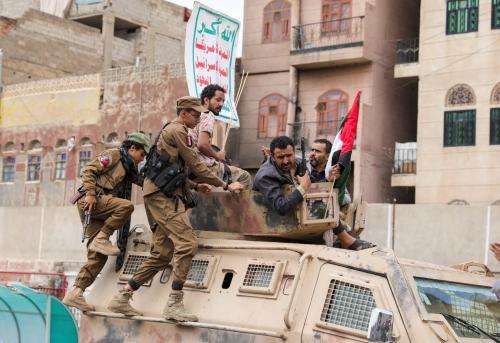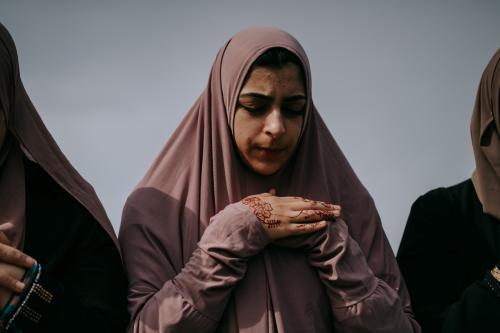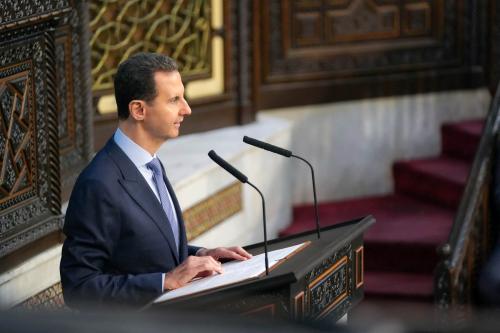“The time of Mubarak wasn’t bad. At least there were tourists and I can get by” tells me a taxi driver. “But how about the police? Did they harass you under Mubarak?” I asked. “Oh, all the time…God bless the revolution!” The conversation summarizes the attitudes of millions of opinionated, but politically inactive Egyptians, the so-called “party of couch” (Hizb al-Kanaba). Many of whom bitterly complain about the current political and economic conditions, one year after removal of Hosni Mubarak. But when you remind them of his era, they never miss it.
Security crisis, bad economic conditions, and a state-owned media campaign blaming the revolutionaries, their marches and sit-ins for such problems, have seemed to undermine the popularity of the revolution. But the high turnout on the revolution’s anniversary showed otherwise. Hundreds of thousands marched to Tahrir and other squares across Egypt. Marching from the upper-middle class area of Mohandiseen, I saw tens of thousands chanting “down with military rule” and “revolution continues” all the way to Tahrir square, a two-hour walk. When they arrived there was no space for them to enter. The square was full.
Institutional versus Street Politics
But who dominates Egypt’s politics currently? Three entities emerge: street activists, the parliament, and the Supreme Council of the Armed Forces (SCAF). Following the Post Said massacre, in which more than 70 football fans died, the parliament started proceedings to charge the Interior Minister with negligence. It is the first time in the Egyptian parliamentary history. Massive marches and street activists sitting-in in front of the Interior Ministry have emboldened the MPs to embark on these proceedings, and more importantly to ask for a thorough security sector reform and restructuring. Several draft laws and initiatives in that regard have been in progress.
Still, the slow pace of parliamentary proceedings, coupled with the (mis)management of the SCAF, did not meet the expectations of the revolutionaries. Tensions are on the rise between institutional and street politics; revolutionaries who were not elected can still mobilize tens of thousands. And in the absence of a unified leadership and organizational structures for the street activists, tensions are likely to be the rise.
The removal and the trial of Mubarak, his sons and chiefs of the repressive security apparatus have all came as direct results of Tahrir pressures. The same applies to the dates of the presidential elections. To expedite the transition, the SCAF brought the dates from 2013 to June 2012, following Mohamed Mahmoud street clashes and a massive sit-in in Tahrir. After massive marches to Tahrir on the anniversary of the revolution, the date was brought forward again, with the official nominations being on March 10, 2012.
Street politics has therefore proven effective, but quite dangerous. Egyptians paid the price in blood. The parliament, as the only elected institution, will need to address three salient issues on the eve of Mubarak’s removal. The first is the security sector reform and monitoring. The second is the proposed package given to the SCAF to abandon reserved domains of power (legal immunity, economic autonomy and veto in high politics). The third will be dealing with street activists and channelling their energy. Those three inter-related challenges will determine the success or failure of the Egypt’s democratic transition.



Commentary
Op-edEgypt’s Revolution: A Year after Mubarak
February 7, 2012